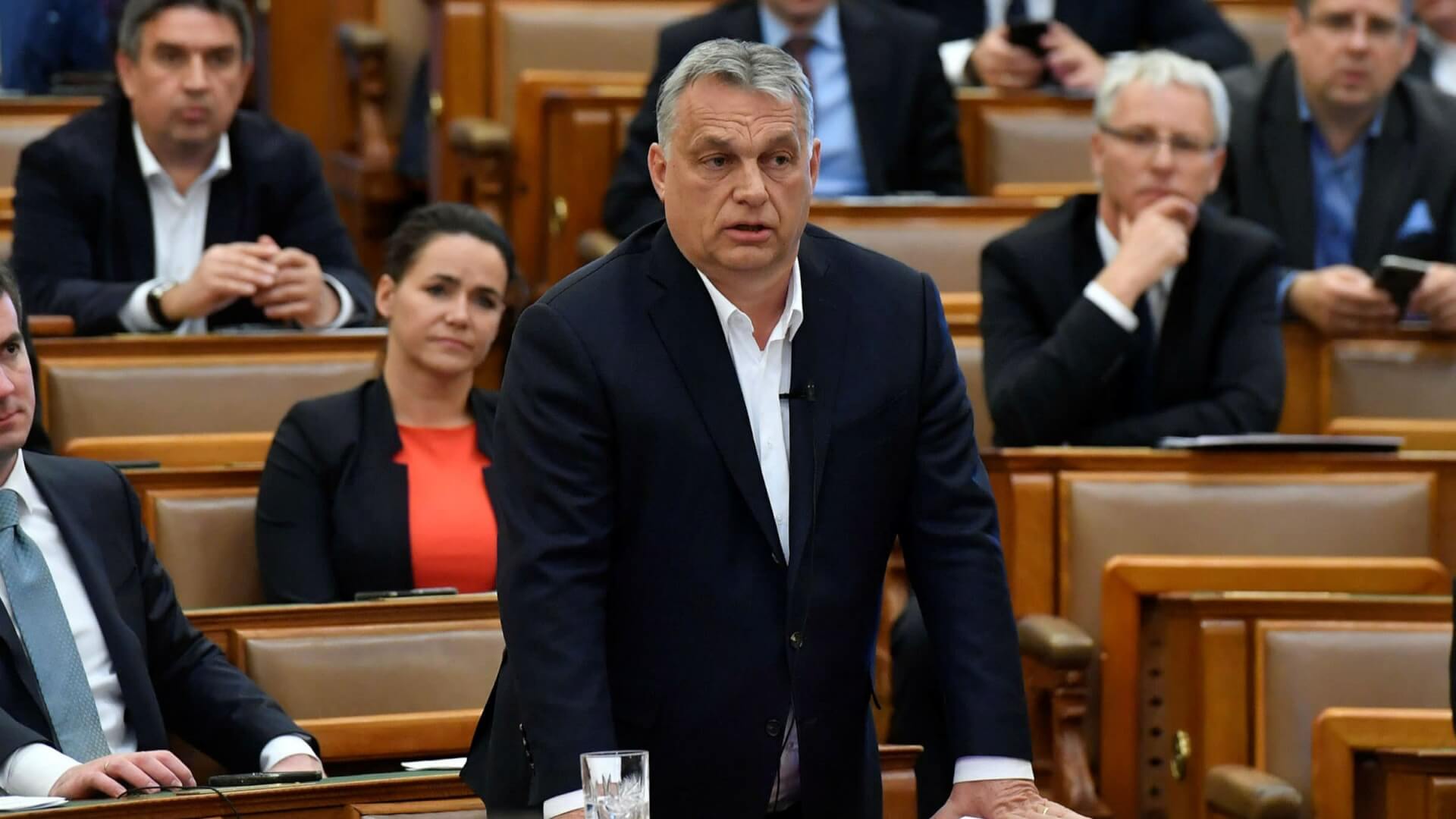Domestic Politics
The Polish Senate has rejected a government proposal to conduct the 2020 presidential election on May 10 as a postal ballot. The ruling PiS party has argued that the election could be conducted amidst the coronavirus if it is done by post. However, opposition parties have said that mail-in ballots would not mitigate health risks or concerns over election fairness. [Reuters]
The Hungarian Parliament refused to ratify the Istanbul Convention Treaty, which is the world’s first binding instrument to prevent and combat violence against women, from marital rape and genital mutilation. The ruling Fidesz party has argued that even though it agrees with the substance of the treaty, the measure seeks to promote “destructive gender ideologies” and “illegal migration”. [The Guardian]
International Relations
Hungarian Foreign Minister Péter Szijjártó criticized the Romanian government’s treatment of Hungarians living in the country, calling statements by President Klaus Iohannis as “specifically uncivilized and conducive of inciting hatred.” The exchange took place after a draft bill to proclaim the autonomy of Szeklerland–a region in central Romania populated by ethnic Hungarians–was adopted by the Chamber of Deputies (lower house) in Bucharest, without being put to vote as a result of a procedural trick. Iohannis has accused his opponents, the Social Democratic Party, of conspiring with Hungary “to give Transylvania to Hungary.” [Euractiv]
Business
Microsoft is set to invest $1 billion in Poland to provide cloud services to businesses and government institutions. Microsoft said that it has signed a seven-year agreement with domestic cloud provider Chmura Krajowa (National Cloud), which involves training people in Poland in cloud-based technology. [Reuters]
Polish President Andrzej Duda has announced that a gas pipeline connecting Norway and Poland is scheduled to be launched on October 1, 2022. The Baltic Pipe Project, funded by the EU, has been contracted to Italian firm Saipem, who signed a €280 million deal on Monday to build the pipeline under the Baltic Sea. [Euronews]
Health
A third health professional who complained about being forced to work despite contracting the coronavirus has plunged from a hospital window in Moscow. He is in critical condition. The two previous doctors succumbed to their injuries. [The Moscow Times]
Bulgaria plans to ease lockdown restrictions this week, and will lift the ban on people traveling outside their local communities. However, Prime Minister Boyko Borissov has also said that citizens will have to remain disciplined as they get used to living with the virus, since it “won’t be over in a year or two.” [Reuters]
Gender
According to the Russian human rights commissioner, reported cases of domestic violence in the country have more than doubled during the lockdown. Tatyana Moskalkova said that complaints and reports made to NGOs spiked from 6,000 in March to more than 13,000 in April. Her statement came a week after Russian police said that the number of domestic crimes had fallen by 13% during the lockdown. [The Guardian]
Image Source: FT
Eastern Europe in Review: May 06, 2020
Read more about the latest events from Eastern Europe.
May 6, 2020

